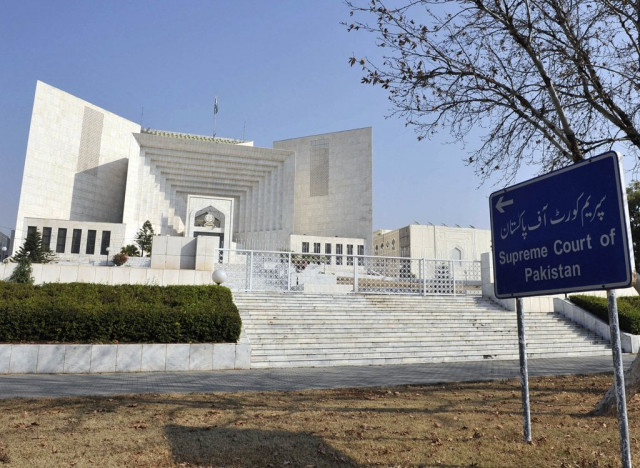Peasants decry govt’s appeal
Say SHC's landmark decision was for their rights and should not be contested

The Hari Welfare Association and peasants of Sindh are extremely upset over the provincial government's appeal petition in the Supreme Court of Pakistan against the Sindh High Court Hyderabad Registry's landmark judgment which struck down Section-6 of the Sindh Tenancy (Amendment) Act, 2013, through which Section 24-C was amended to omit the prohibition of begaar (unpaid work or work).
The judgment had also ruled that after the separation of the judiciary from the executive, assistant commissioners, additional commissioners and commissioners/collectors did not have the powers to make decisions in judicial matters under sections 27, 29 and 30 of the Sindh Tenancy Act. It also decided that such actions are against the provisions of articles 175, 202 and 203 of the Constitution of Pakistan.
HWA President Akram Khaskheli said that the Sindh High Court also ordered the government to make amendments in the Sindh Tenancy Act 1950 and take necessary measures, including transferring of all peasants' cases under the STA, to the judiciary. "However, instead of complying with the high court's decision and protecting the rights of peasants in the tyrannical feudal system and structure, the government has sided with feudal lords to curb and violate fundamental rights of peasants in Sindh," he said.
The association president added that peasants of Sindh continuously protested and requested the Sindh government to withdraw from its appeal from the Supreme Court against the landmark SHC verdict which favoured the peasants' rights. "No one is ready to hear our voice. Peasants are feeling insecure due to the Sindh government's attitude." The Sindh High Court had given the decision in the case of peasant Ghulam Ali Laghari who was exploited, abused and tortured by a landlord.
Laghari was not given his 35 years' share in the cultivation and was forced to vacate the land and his house instead. HWA noted that in 2018, Pakistan had endorsed the adoption of the United Nations Declaration on the Rights of Peasants and Other People Working in Rural Areas and made a commitment to protect the rights of peasants. "However, rather than addressing weaknesses in the STA, which resulted in violation and exploitation of peasants' rights, the government of Sindh has made unwise decision to stick with exploitation and weak provisions in the STA.
The weak provisions in the STA result in debt bondage, abuse and exploitation of peasants," the association highlighted. HWA has received a great deal of concern from peasant leaders on the Sindh government's decision and the move to appeal the Sindh high court's "neutral and logical decision in favour of none other than the welfare of the society. HWA and peasants of Sindh urged the government to withdraw the appeal filed in the Supreme Court and amend the STA in light of the UN Declaration and Sindh High Court's verdict, and also take necessary measures ordered under the same verdict.



















COMMENTS
Comments are moderated and generally will be posted if they are on-topic and not abusive.
For more information, please see our Comments FAQ